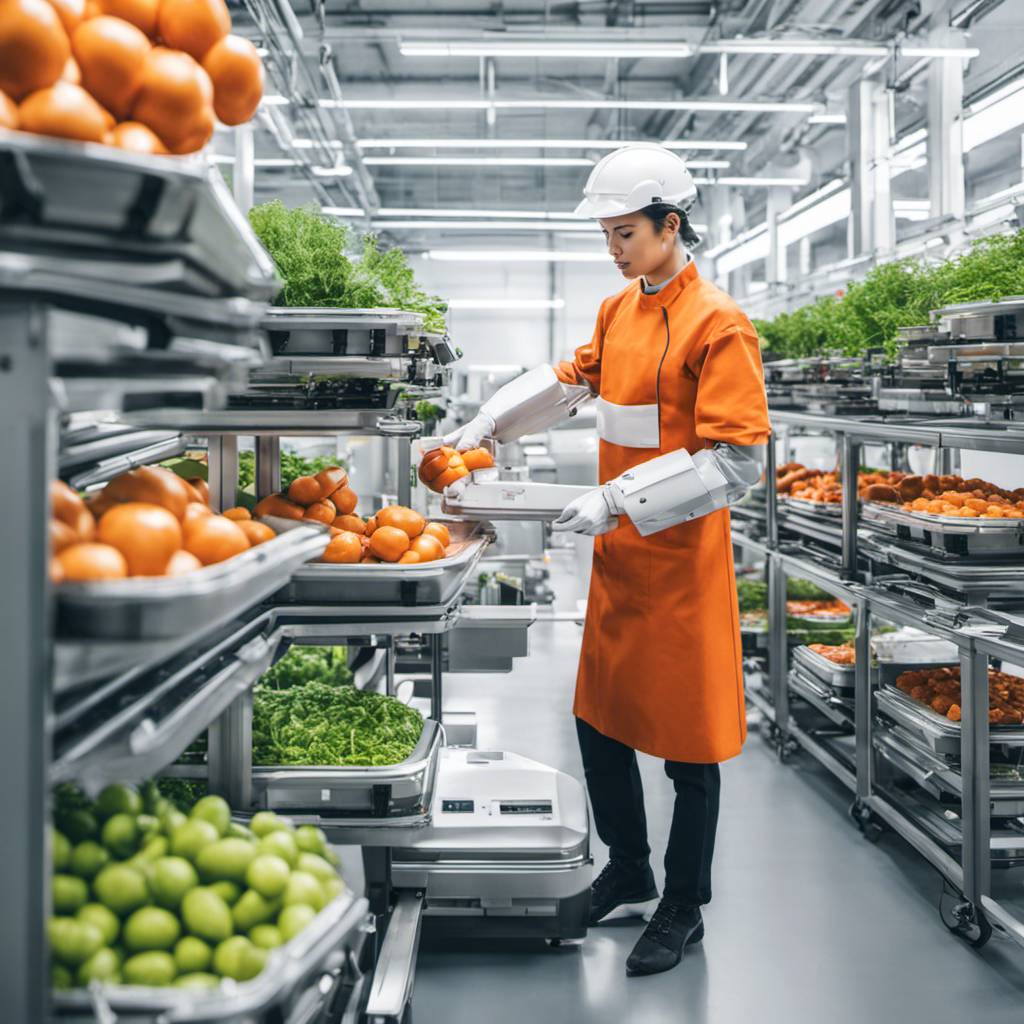In the constantly evolving world of food and beverage, technology and robotics have proven to be game-changers. Sojo Industries, a manufacturing company established by industry veteran Barak Bar-Cohen, is a prime example of this trend. Leveraging the power of robotics, Sojo Industries creates “variety packs” of food and beverage products, with a keen focus on reducing emissions in the supply chain.
Barak Bar-Cohen’s inspiration to integrate automated machinery into his operations stemmed from his late father, Dr. Avi Bar-Cohen, a renowned thermal science expert who collaborated with NASA on mobile roving units for lunar and Martian missions. He believes that the challenges faced by the food and beverage industry, such as keeping pace with consumer trends and reducing emissions, can be effectively addressed with robotics technology.
Before establishing Sojo Industries, Bar-Cohen served as the chief operating officer of Bai Brands, a healthier alternative beverage maker, from 2012 to 2017. During his tenure, he managed 100% of the company’s in-house variety packing. He noticed that a significant portion (40-50%) of the volume was variety packs, which was challenging to handle as more than 80% of the industry still relied on manual processes.
Following his departure from Bai Brands, Bar-Cohen received numerous inquiries from industry peers about managing variety packs at scale and dealing with the associated challenges. Reflecting on his father’s work with NASA, particularly on temperature variances and their impact on material properties during space missions, he realized the potential of robotics in addressing these issues.
Taking inspiration from the wine industry, where corking and bottling often come to the vineyard instead of the reverse, Bar-Cohen decided to use mobile robotics to solve problems in the variety pack world. The company name “Sojo” is a shortened version of Sojourner, the first robot to land on another planet (Mars) on July 4, 1997, and is also a tribute to African-American abolitionist Sojourner Truth.
Sojo Industries has filed several patents related to the anchoring, empowering, and transportation of robotics and automated lines to different locations. To kickstart operations, Bar-Cohen acquired a 100,000 square-foot facility in Bristol, Pennsylvania, and assembled a team of operators, forklift personnel, engineers, and commercial experts.
Since the start of the year, Sojo Industries has removed 635 metric tons of CO2 from the atmosphere by bringing lines onsite, reducing the need for global shipping. This reduction in emissions is equivalent to eliminating 418 flights from Newark to LAX. The company is also closely monitoring changes to the FDA’s Food Safety Modernization Act, which are expected to be fully implemented by January 20, 2026. By adopting a technology-driven approach, Sojo Industries aims to preemptively address these changes.
Bar-Cohen believes that Sojo Industries is more than just a manufacturing company; it’s a technology business that’s solving a significant problem in the variety pack world. Today, the company deals with beverages; tomorrow, it could be food, and the day after that, health and beauty. The potential for variety packing spans across industries.
Drawing from his experience at Bai Brands, Bar-Cohen has learned valuable lessons about what not to do in a startup environment. Amidst challenges such as freight, logistics, real estate, commercial and industrial issues, his past experiences have provided him with insights on how to navigate in this environment.
At Bai Brands, Bar-Cohen managed all aspects of production quality, operations, logistics, freight, and copacking relationships. He developed a hub and spoke model where all byproducts were produced within an hour’s radius of a 275,000 square-foot distribution center in Bordentown, New Jersey. This approach allowed for greater control, speed, and freight optimization.
In the world of electronics, computers, programming languages, and coding, Sojo Industries is a shining example of how technology can revolutionize traditional industries. The company’s innovative use of robotics in manufacturing is not only enhancing efficiency but also paving the way for a more sustainable future.
